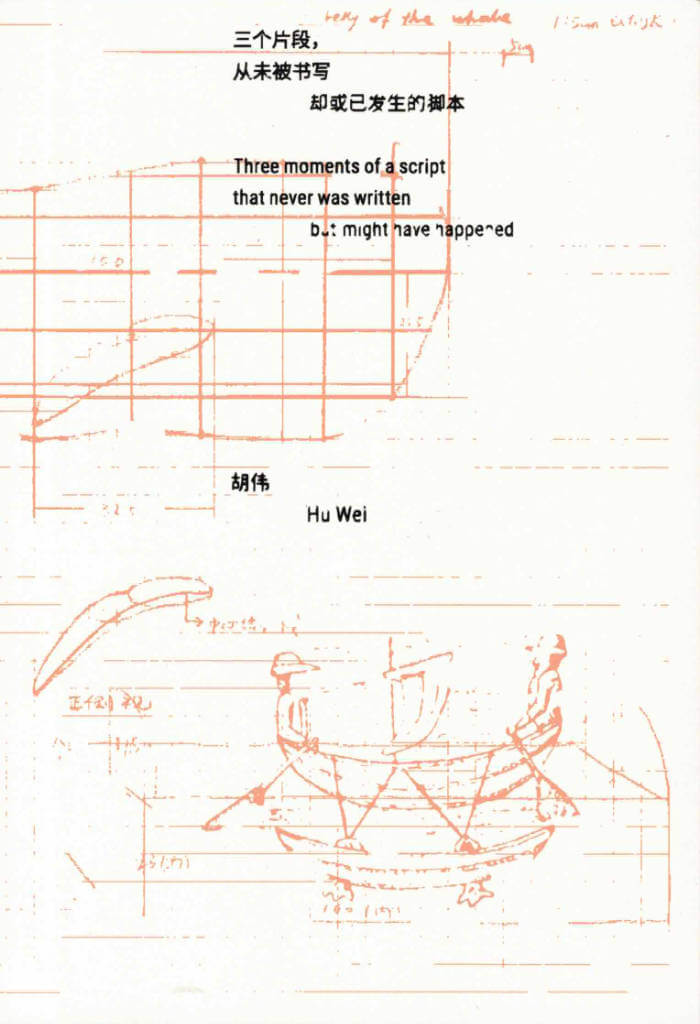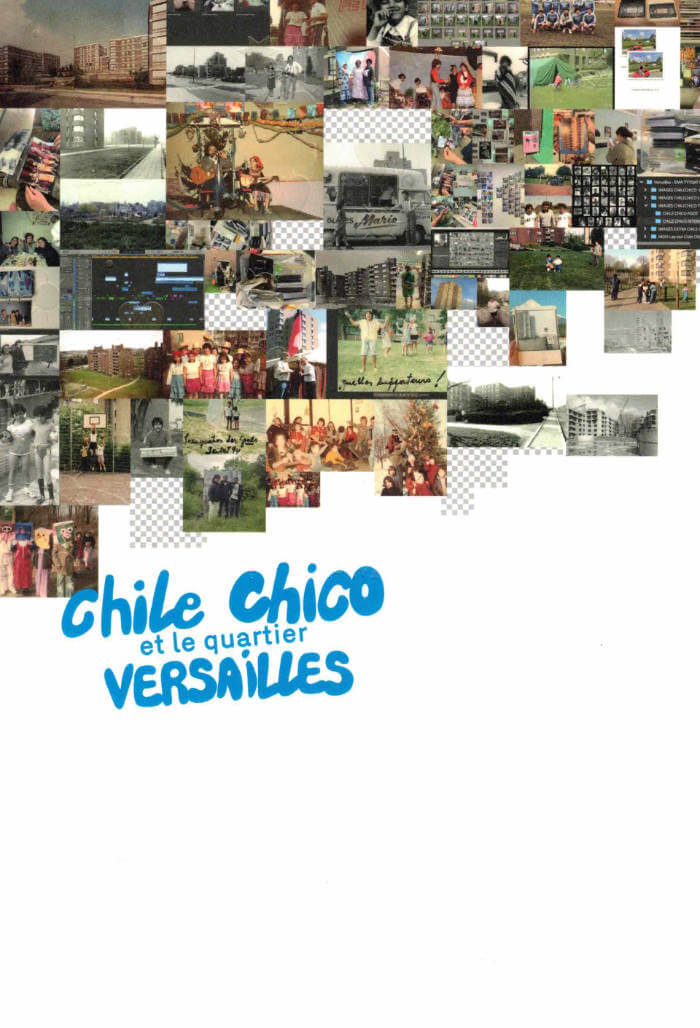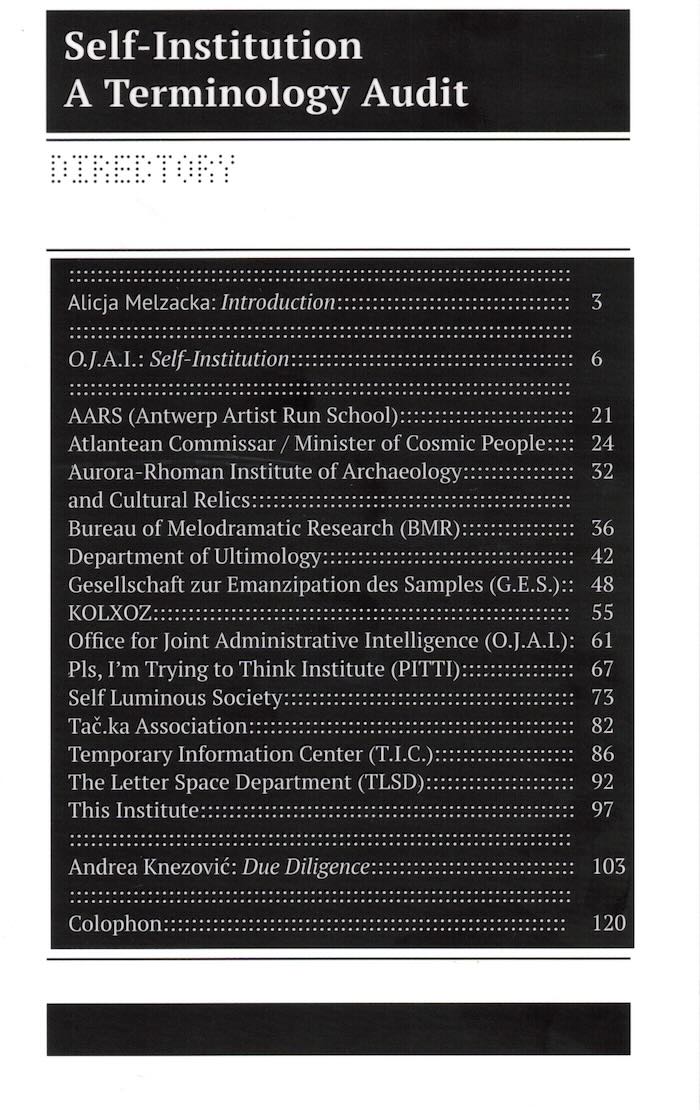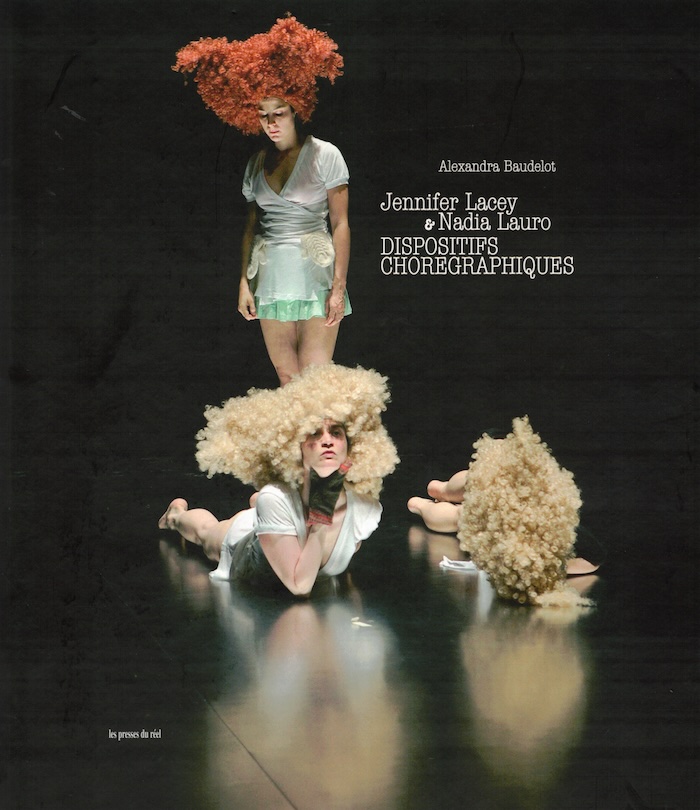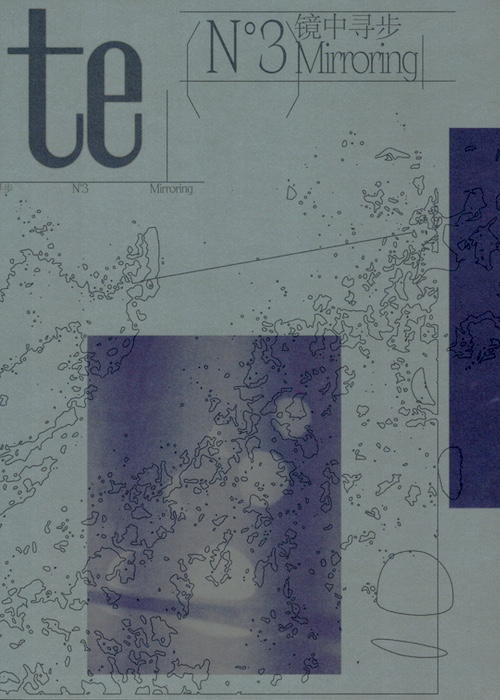
N°3 Mirroring
Much in our life at this moment is often marked by an absence of clarity. Many have experienced a malaise and come to know its persistence. We seem to have become used to stasis and theoretical discussions, lingering in silence and hoping from time to time for something extraordinary to happen. Yet it might also have been a blessing; an opportunity to free ourselves from overarching narratives, to direct our attention to the individual, the local, and to subjects that have long been part of our own lives—a more agile, intuitive mindset.
The third issue of te magazine took shape in this context, and chose to confront experiences of “plight”—plight of the persecuted, of the artists, of the forgotten, and of those living with colonial legacies. How might we, as individuals, transmute plights in order to learn to live in this world? If each piece in this issue can be said to propose a mode of healing, the aim is not only about specific pathologies, but rather to recommend adjustments and defenses in moments of crisis. While writing on the plights of others, the authors also look inward for the roots of questions that they have long harbored about their own experiences. As introduced by Jacques Lacan, the theory of “the mirror stage” refers to children's initial awareness of their own existence. As adults, we continue to grapple with the process of self-discovery and understanding, at times feeling trapped deeply in the “mirror.”
This issue’s theme, Mirroring represents a continuous exploration of the self. On the one hand, these pieces document the processes of setbacks, negating, questioning and reconciling; on the other, delineate the self through the other, a process discernible in several jointly-authored pieces in this issue, where a special connection and sense of fellowship formed through dialogue, correspondence, and collaborative research. In Siddhartha, Hermann Hesse described how the protagonist's worldview was shaped through seeking and struggle, and we hear in it an echo of the inspiration behind this issue of te: “But now, his liberated eyes stayed on this side, he saw and became aware of the visible, sought to be at home in this world, did not search for the true essence, did not aim at a world beyond.” (Siddhartha by H. Hesse, translated by Hilda Rosner, Bantam Books,1971)
Contributors: Guadalupe Maravilla, Lucía Hinojosa Gaxiola, Kader Attia, Gantala Press, Peng Jen-Yu, An Mengzhu, Chang Yuchen, Chris Zhongtian Yuan, Chu Yun, Chen Zhe, Lieko Shiga
